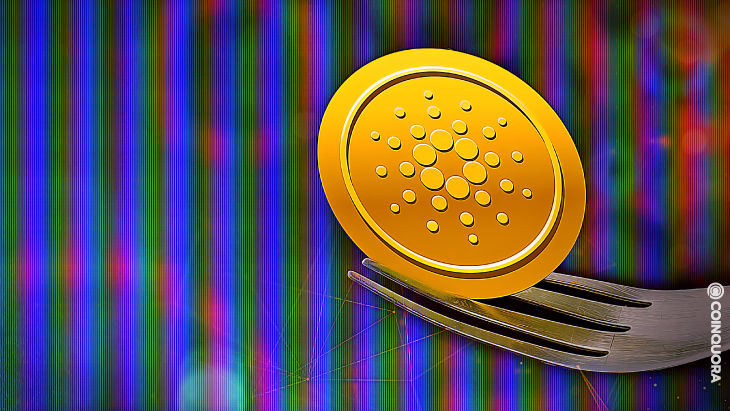Cardano News
- Cardano’s IOG releases updates on the Vasil hard fork.
- The report stated that node v.1.35.2 was being worked on by the node, ledger, and consensus teams.
- Improvements and bugs detected in earlier node versions during Vasil testing are also included in this report.
The IOG developers performed a hard fork on the Cardano testnet on July 3 to implement Vasil’s capabilities. After a few weeks, the company provided an update/development report on the testnet. The report stated that node v.1.35.2 was being worked on by the node, ledger, and consensus teams at the time of this writing. Improvements and bugs detected in earlier node versions during Vasil testing are included in this release.
Lace’s desktop application was also built up for Electron end-to-end testing by the developers. The team made progress on mapping the address attribute of the ObservableWallet instance given by the Cardano-js-sdk with the data from the Cardano-wallet back-end.
Both the ledger interoperability around new pricing models and the debugging experience for scriptwriters were areas of focus for the team as they sought to improve both areas.
They made progress on the PAB memory use optimizations while synchronizing with mainnet and testnet setups, published plutus-apps version 0.1.0, and worked on modifying the plutus-contract emulator to allow Babbage transactions, releasing plutus-apps version 0.1.0.
The group developed a smoke test that was only partially automated and successfully executed in both the Vasil testnet and the devnet settings. In the end, they carried on with the process of improving the documentation and fixing the bugs.
Recall that Vasil hard fork was originally scheduled to go live in June, but was postponed to the end of July for several problems. Increases in block generation time and transaction processing speed are predicted as a result of the hard fork on the Cardano network. Because of the increased network efficiency, this update might spur more use of ADA.


